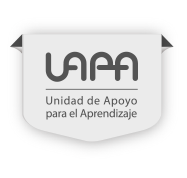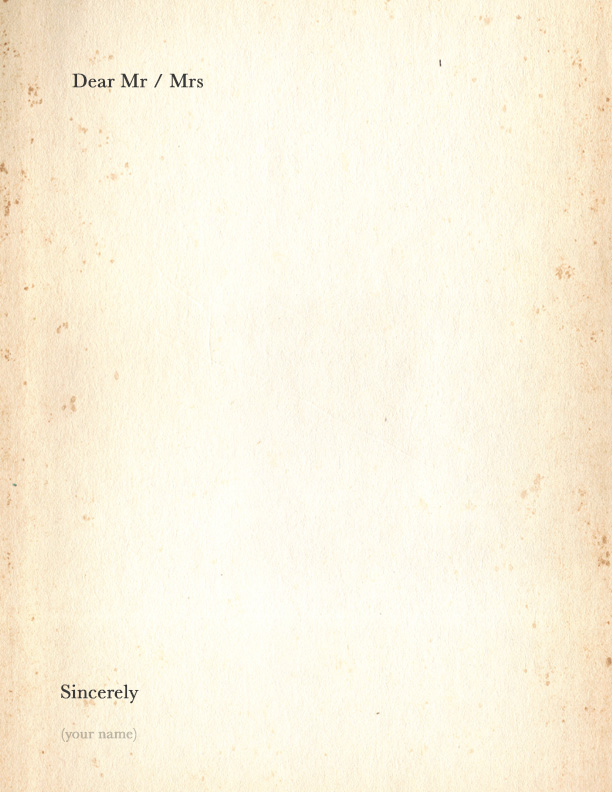Content
Present simple
This tense is to express your everyday activities at home, school, with friends etc.; in other words they are habitual actions. If you remember the verbs can change in sentences with affirmative form. Some phrases that indicate present tense are: in the morning, in the afternoon, every day, on weekdays, at the weekends etc.
Exercise 1.
Daily routine
Have you ever thought about your routine? Which activities do you usually do?
Firstly, in this exercise you have to complete the following sentences with the activities that the people do. Be careful because it is very important to identify who the real subject is.
Exercise 2.
Interviewing a friend
In this exercise, you have the answers of an interview, but the questions are missing so you need to complete the interview by writing the questions considering your best friend and her family routines.
Be careful!! In habitual routines, you need auxiliaries to write the questions and negative sentences as well. To complete the questions correctly, you need to pay attention to the underlined information.
Exercise 3.
Sister's homework
You finish the interview and you usually check your sister´s homework because that is part of your habitual routines on weekdays. She has some sentences in her notebook.
Pay attention!! Remember that the order of the words depends on whether if the sentences are affirmative, negative and interrogative. The verbs needs to correspond to the subject.
Decide if the following statements are correct or incorrect by choosing the appropriate option. You can know your score at the end of the exercise.
Present Continuous or Progressive
In this tense, you can talk about situations, events and activities that are happening in the moment you are speaking or around that one. Some common or frequent phrases that indicate this tense are: now, right now, at the moment, in this moment, this week, this month, this day, etc. They are an excellent reference to identify the tense that you need to practice and use.
Exercise 4.
Let's practice
In the present progressive or continuous you need to include the main verb in present participle or “ing”. There are some rules you have to follow.
Exercise 5.
Writing present progressive
It is time to use some verbs in present progressive. Choose the verbs of the previous exercise to complete the sentences. Remember to include the correct verb to be.
Exercise 6.
A conversation
Now you are going to complete questions and answers in the following conversation. Observe the underlined words or phrases to help you.













